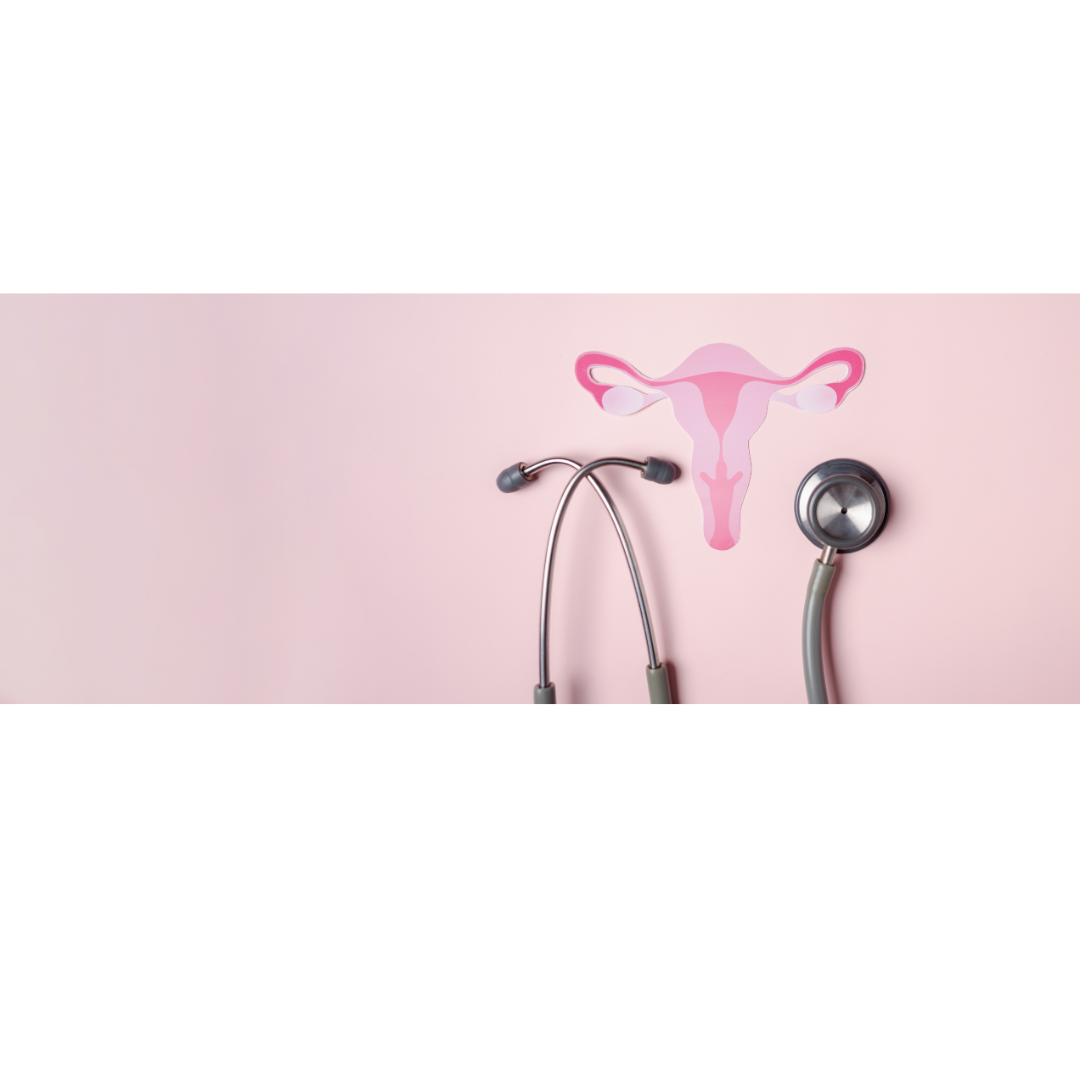Understanding Perimenopause: Navigating the Transition with Confidence
Perimenopause is a natural phase in a woman’s life, signaling the transition to menopause. While often misunderstood or overlooked, this period is a vital time to focus on education, self-care, and proactive health management. At Klein Physical Therapy, we believe that knowledge is empowering, and we’re here to help you navigate perimenopause with clarity and confidence.
What Is Perimenopause?
Perimenopause means “around menopause.” It refers to the time leading up to menopause, when the ovaries gradually produce less estrogen. This phase can begin years before menopause, often in a woman’s 40s, but it can start as early as the late 30s. It ends when a woman has gone 12 consecutive months without a menstrual period, marking menopause.
Symptoms of Perimenopause
Hormonal fluctuations during perimenopause can lead to a variety of symptoms. While every woman’s experience is unique, some common signs include:
• Irregular periods: Cycles may become shorter, longer, heavier, or lighter.
• Hot flashes and night sweats: Sudden feelings of warmth can disrupt daily life and sleep
• Sleep disturbances: Difficulty falling or staying asleep is common.
• Mood changes: Increased irritability, anxiety, or depression may occur.
• Vaginal dryness: Reduced estrogen can cause dryness and discomfort during intercourse.
• Decreased libido: Hormonal shifts may lower sexual desire.
• Bladder issues: Frequent urination or incontinence can develop.
• Weight gain: Hormonal changes may lead to shifts in body composition.
• Joint and muscle pain: Aches and stiffness are more common during this time.
Why Is Perimenopause Education Important?
Despite its significance, perimenopause is often under-discussed. Many women enter this phase without knowing what to expect, which can lead to confusion and stress. Understanding perimenopause helps women:
• Recognize normal changes: Knowing what’s typical can ease concerns and reduce stigma.
• Advocate for health: Awareness enables informed discussions with healthcare providers.
• Take proactive steps: Education empowers women to address symptoms and improve quality of life.
What Causes Perimenopausal Symptoms?
The primary driver of perimenopausal symptoms is fluctuating hormone levels, particularly estrogen and progesterone. These hormones play key roles in regulating menstrual cycles, maintaining bone density, and supporting vaginal and urinary tract health. As levels decline, the body adapts, leading to the physical and emotional changes associated with perimenopause.
How Long Does Perimenopause Last?
Perimenopause can last anywhere from a few months to over a decade, with an average duration of 4–8 years. Factors such as genetics, lifestyle, and overall health influence its length and intensity.
Managing Perimenopause: Tips and Strategies
While perimenopause is a natural process, there are many ways to manage symptoms and maintain well-being:
Stay Active
• Engage in weight-bearing and cardiovascular exercises to support bone health, mood, and weight management.
Eat a Balanced Diet
• Focus on calcium, vitamin D, and protein-rich foods to strengthen bones.
• Include healthy fats and fiber for heart health and hormonal balance.
Prioritize Sleep
• Maintain a consistent sleep schedule and create a calming bedtime routine.
Manage Stress
• Practice mindfulness, yoga, or deep breathing to reduce anxiety and improve mood.
• Incorporate spiritual practices, such as centering prayer, which can provide a sense of calm and grounding during times of stress.
Stay Hydrated
• Drink plenty of water to combat dryness and maintain overall health.
Consider Supplements
• Consult your doctor about supplements like calcium, vitamin D, chasteberry, ashwaghanda or omega-3s.
Explore Hormonal Options
• Speak with your doctor about whether hormone replacement therapy (HRT) might be a suitable option for managing symptoms such as hot flashes, mood swings, or bone health concerns.
Seek Support
• Don’t hesitate to discuss symptoms with healthcare providers, including pelvic floor therapists, who can address specific challenges.
How Klein Physical Therapy Can Help
At Klein Physical Therapy, we specialize in addressing the unique physical challenges that arise during perimenopause. Hormonal changes can affect the pelvic floor, joints, and overall body mechanics.
Here’s how we can help:
• Pelvic Floor Therapy: Strengthen and rehabilitate the muscles that support the bladder, uterus, and rectum to address incontinence, prolapse, or discomfort.
• Pain Relief Techniques: Our evidence-based methods, including dry needling and joint mobilization, alleviate joint and muscle pain.
• Whole-Body Wellness Plans: Customized exercise and lifestyle recommendations to support overall health and vitality.
Breaking the Silence Around Perimenopause
Perimenopause is a natural phase of life, not a condition to be feared or stigmatized. By talking openly about its challenges and solutions, we can create a supportive community that empowers women to thrive during this transition.
At Klein Physical Therapy, we’re committed to helping women embrace perimenopause with confidence. Our compassionate, whole body approach ensures you receive the care and education you deserve.
If you’re in the Denver, Colorado area, reach out to learn more about how we can support you during this transformative time.




